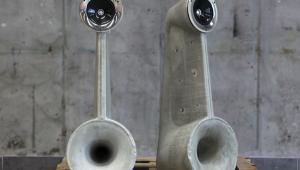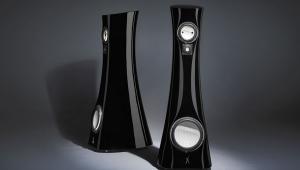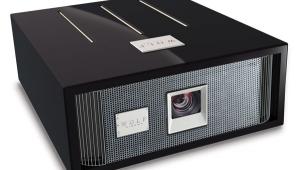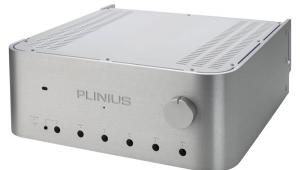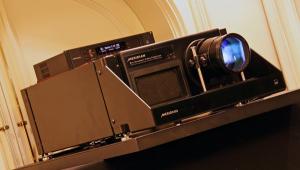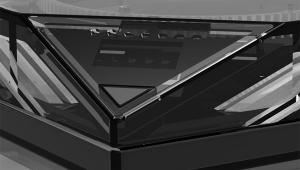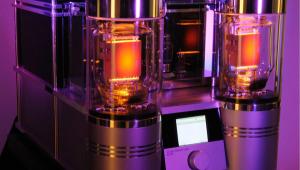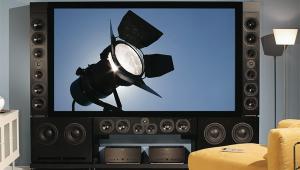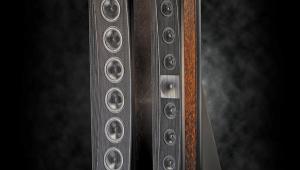PS Audio PerfectWave Power Plant 5 & 10 Power Regenerators

As with PS Audio's previous power products, both new models are based on the principle of power regeneration rather than conditioning or filtering. In this process, a sine-wave generator feeds a high-current analog amplifier, which produces a 60Hz sine wave with ultra low distortion and output impedance. In addition, MultiWave processing extends the charging time of the sine wave's peak so attached power supplies exhibit less ripple, which is especially effective with power amps, and CleanWave is said to "degauss" magnetically coupled power transformers by varying the frequency and amplitude of the sine wave in small "bubble-like" responses.

The P10 offers 10 power outlets in five so-called IsoZones with separate differential-mode filters to remove any noise generated by the connected equipment, and it can deliver a total of up to 1250 watts of continuous power and 70 amps of instantaneous current. A unique heat-sink design in the P10 provides cooling with no need for a fan, but the P5 is too small to go fanless.

The smaller P5 can deliver up to 1000W of continuous power and 50 amps of instantaneous current from a total of eight outlets in four IsoZones. Both units exhibit 100 times lower output impedance than any previously released Power Plant product.

Both units can be controlled from a front-panel touchscreen or remotely with a web interface via PS Audio's Globalnet, including power on and off scheduling and delays. Especially cool is an onboard THD meter and oscilloscope that let you compare the power from the wall to the regenerated power delivered by the unit.
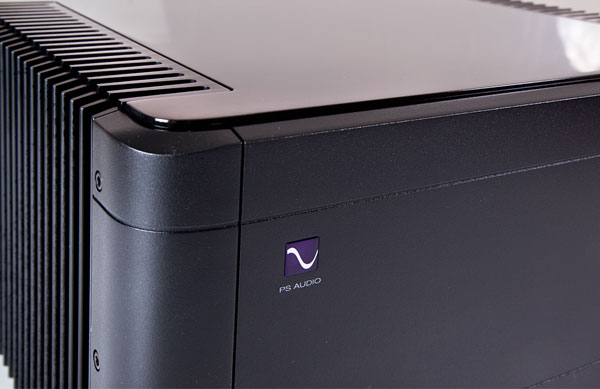
Of course, this level of power enhancement isn't cheap—the P10 lists for $4500 in the US, while the P5 is $3000. But is that really so much to pay for wringing every last drop of performance from your entire system?
- Log in or register to post comments



